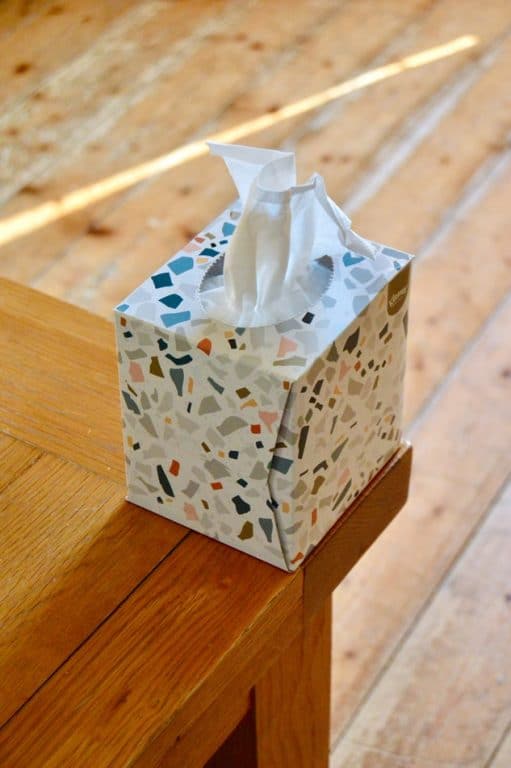While a nosebleed may make you look like you belong at Field of Horrors, they are rarely serious. Nosebleeds occur when one of the blood vessels that lines the nose bursts. This may be the result of fragile blood vessels, infection, allergies, head trauma, foreign object in the nose or nose picking. When nosebleeds occur frequently, your or your child’s doctor may recommend cauterization.
What Is Nosebleed Cauterization?

Before cauterizing the nose, the doctor will numb the inside of your nose. They’ll then use a chemical swab or electric current to cauterize the inside of the nose, sealing blood vessels by building up scar tissue.
What to Expect
For three to five days after the procedure, you may experience pain and itching in the nose as well as stinging in the nose, upper teeth and upper lip. This is normal and will resolve on its own. There will also be scabs on the inside of your nose; it’s important that you do not touch or pick at them.
How to Care for Yourself
After your procedure, be sure to avoid:
- Bending over or picking up anything heavy within two to three hours of the procedure.
- Blowing your nose for at least two weeks.
- Touching the part of your nose that was treated or bumping your nose until it is healed.
- Taking over-the-counter pain medications like ibuprofen and naproxen until you are recovered.
Instead, you should:
- Wipe the nose gently one nostril at a time as needed.
- Apply antibacterial ointment or saline spray several times a day for 10 days.
- Take all prescribed medications as directed.
What to Do in the Case of Another Nosebleed
If you do get another nosebleed after your procedure, sit upright with your head tilted forward to prevent blood from going down your throat. Pinch your nose shut for 10 minutes. Do not check to see if the bleeding has stopped before the 10 minutes is up. If you’re still bleeding, pinch it for another 10 minutes.
When to Call Your Doctor
You should call your doctor if:
- You have pain that isn’t helped by prescribed pain medications.
- You get a nosebleed that persists after more than 30 minutes of pinching your nose.
- There is blood running down the back of your throat.
- You have a fever.
For more information about nosebleed cauterization or to schedule an appointment with an expert ENT, call Albany ENT & Allergy Services today.
[related-posts]